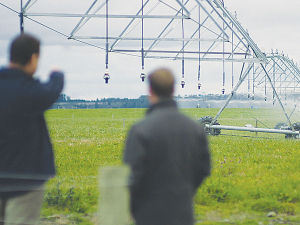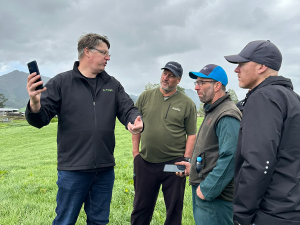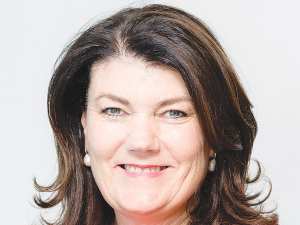The New Zealand Government looks set to vest the control of water to four regional authorities under its Three Waters policy, having already spent $34m on developing the concept and committing to office space in Auckland to house its 350+ staff and consultants that will cost at least $2.1m annually.
Meanwhile the French government has taken a more practical approach by setting aside €40 million ($68.5m) to implement an aid programme which aims to encourage farmers to protect themselves against drought, via subsidies to purchase equipment and monitoring systems.
The scheme deals specifically with irrigation equipment but goes far beyond supporting the purchase of new gantries or pivot systems, with an emphasis on the better use of irrigation water right from the source to final application, both on a field scale or in dedicated horticultural situations.
The list of technologies eligible for subsidy includes aerators, measurement probes and control devices to improve water use but also to make better use of fertiliser inputs, especially under glass or nets.
Rainwater collection, purification and storage is also covered, alongside systems and equipment that offer the ability to recover drainage water from open spaces and store it for future use.
In addition to the hardware, the role of digital technology is being recognised and encouraged by the French government, with the initiative also supporting the purchase of computers and software for controlling and regulating the water supply included. The respective department went on to describe such investment as indispensable.
In a consultative document, the scheme also focuses on all aspects of water collection, storage and distribution, with the emphasis on lowpressure field systems that will help avoid excessive evaporation of any water being applied.
The recognition by the French government that digital technology is essential to deliver efficient use of resources should be a clear indicator to our own government that a closer look and more support for our biggest generator of export revenue would be a better investment than creating more desk space in an already overcrowded Auckland.











